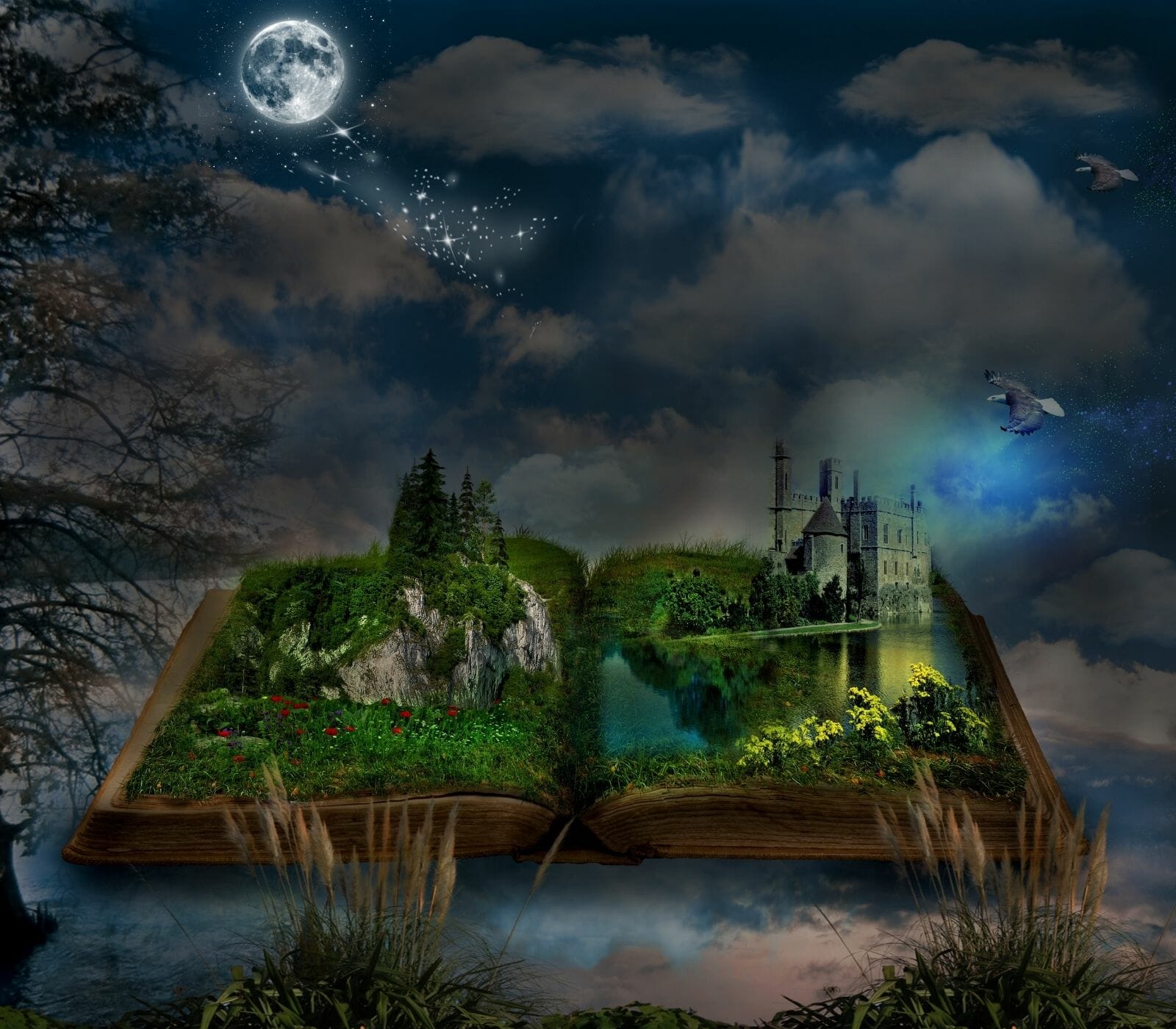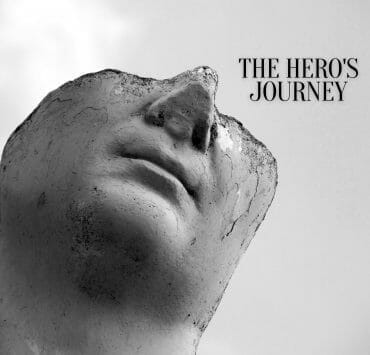How to Write a Fantasy Book

How to Create and Write a Fantasy Book
To write a fantasy book is the dream of many aspiring writers. This is probably due to the impact of literature and children’s and its significant influence on pop culture. The timeless success of titles like The Lord of the Rings by J.R.R. Tolkien and Harry Potter by J.K. Rowling brings even more alluring. Thanks to fantasy, many authors were introduced to literature when they were still young. Through this Genre, they fell in love with reading and eventually led them to write.
The Charming of Creating a Fantasy Book
Fantasy has a unique charm, which dialogues with escapes from the reality that literature provides us. It takes us to distant lands where the impossible is possible, and Things are never dull.
It is no wonder that the fantasy genre is prominent in books for children and young people. The grace of fantasy is closely linked to the nostalgia for living and remembering children’s make-believe.
Many authors are also interested in writing a fantasy book for the opportunity to create a world entirely their own. Inside this Universe, they may create their own rules, and sometimes even their own language. If that is your goal, it is good to be prepared to roll up your sleeves and work hard. You will now have to create an entire Universe, which is not, or never was a simple task.
Fantasy is, at its best, the purest access to storytelling that we have. It universalizes a tale, it evokes wonder and timeless narrative power, it touches upon inner journeys, it illuminates our collective and individual pasts, throws a focus beam on the present day, and presages the dangers and promises of the future.
Guy Gavriel Kay
Learn all about Genre to write a Fantasy Book.
If you thought you wouldn’t have to search for writing just because your book is not set in our world, you are very wrong. It is important to research before writing a book, no matter what Genre you intend to work with.
Although the research to write a fantasy book is lighter than a historical novel book, it is still a work of fiction that belongs to a specific literary genre. In other words, there are certain expectations that you must meet and certain clichés that you must avoid. If you intend to publish a book, you should think about your readers, who deserve a book well done and well researched.
When it comes to research, the biggest tip for writing a fantasy book is to read great classics and hits of the Genre. Start with the big names like The Chronicles of Narnia and The Lord of the Rings, the Wheel of Time, Songs of Ice and Fire, and Earthsea Trilogy. After that, then move on to the works that most inspire you in your current project. For example, suppose you want to publish a book with a mythological theme in a modern setting. In that case, the Percy Jackson series is a great reference.
Some interesting points to note in these works are:
Scenario – what resources does the author use to create a complex world and present it in an immersive and captivating way to the reader?
Internal logic – a well-designed fantastic world that does not obey the same laws as ours but has its own rules that make sense within its context. How does the internal logic of this world work?
Characters – how do the characters interact with this fantastic scenario? Does the scenario influence the development of the characters?
Choose a Fantastic Theme for Your Story
One of the positive points of writing a fantasy book is all the creative freedom this Genre gives us. There are endless possibilities for a fantastic story, ranging from folklore and mythology to figures popularized by pop culture. Of course, you can also invent “myths” from scratch.
However, it is not a good idea to embrace this world of possibilities in one book. It would be too ambitious a project, of a project that would take many years to complete or would not pay due attention to its own mythology.
Therefore, the idea is to choose a fantastic theme for your book or maybe combine two or three different themes, without exaggeration, of course.
Choosing just one theme does not mean that you will have to be stuck with that same idea forever, but that in the current project, that is your focus.
You will have time to write more fantasy books in the future, and you can even write a series of books that explore a different topic each time. For example, the God of War game series is based mostly on Greek mythology. Still, the eighth game in the series depicts Norse mythology. Resist the tendency to overwhelm yourself.
What is the relationship between the fantastic world and the “real world”?
When choosing the theme, you should also think about your story’s scenario and the relationship between it and the “real world.” That is a world where the rules are similar to ours.
Many fantasy books use the “portal” model. The protagonist lives in an ordinary world, which follows the same rules as ours. One day, he crosses a portal to a fantastic world. A great example of this model is the series The Chronicles of Narnia. In the book The Lion, the Witch, and the Wardrobe, the protagonists are transported to the fantastic world of Narnia by hiding in a wardrobe.
There are also fantasy books. The protagonist believes he lives in an everyday world. There is no magic or anything like that until something fantastic happens. He discovers that the world he lives in is quite different from what he thought. The Harry Potter book falls into this category, although it has many elements of the portal model.
In Harry Potter, wizards live in the same world as Muggles (people who have no magic), geographically. Still, the witch society disguises itself and follows its own rules. The “portals” are hidden everywhere. At a Muggle train station in the middle of London, there is platform 9 ¾ that takes students to Hogwarts. And if wizards get out of line, their actions can have direct consequences for Muggles.
The Fantastic Alien worlds
Another model, also trendy, is where the fantasy book has been set in a totally fantastic world since the beginning, as is the case with The Lord of the Rings. In the Universe created by Tolkien, we have stories featuring hobbits, elves, dwarves, wizards, and some humans.
An exciting mix is to create an alternative world where all the fantastic elements are considered myths until something magical and surreal happens.
It was what George R. Martin did in the Chronicles of Ice and Fire. These were the series of books that inspired Game of Thrones. We observe a world inspired by our medieval era, but with fantastic figures, considered only legends. It is well known that George R. Martin based his story on real events from the Wars of the Roses.
Draw maps, catalog species, and organize a timeline.
As we mentioned earlier, writing a fantasy book means creating an entire world. So, you need to be thorough and get organized.
Three important aspects of the logical organization of a world are geography, history, and biology.
You need to have a good idea of how the geography of your fantasy world works. Your characters are likely to travel back and forth on some epic adventure. If you want your book to have a minimum of consistency, these maps must be well delimited in your head.
Don’t know how to draw maps? No problem! There is no need to make a professional map for your fictional world. The important thing is to be able to understand the geography of this world and to be able to transmit this knowledge to readers. Of course, it is useful to attach a map to your book, just like Tolkien did, but it is not mandatory.
Background stories as start-up Environments
A Background story is also indispensable. Again, it is unnecessary to attach a history book to your book, but at least you must have this knowledge. Think of natural disasters, wars, territorial expansions, economic systems.
Also, consider the social aspects of your created society. Are there problems such as racism in the developed world, which has even led to the slavery of the type of people?
In the wizarding world created by J.K. Rowling, she represented this type of prejudice through the clash between “purebred” wizards, who marry only other wizards, and “bad blood,” who are wizards born to Muggle parents.
Finally, don’t forget to think about what types of fantastic species live in your world.
Does your world have animals like ours, or the fauna consists of totally original animals, like in the Movie Avatar or in the video game Final Fantasy? Does your world have humanoid species? That is, creatures that look almost human, like elves, dwarves, and hobbits?
Think of all the most important aspects of the biology of this fictional world. So, write down all this information in an organized manner. It is also interesting to note how the biological, geographical, historical, and social aspects are interrelated. Keeps your notes always close to you.
When thinking about different species, you will need to think about where each one lives. Naturally, it must be a place with characteristics consistent with the species. Do these species live in separate nations or cities, as in The Lord of the Rings? Or do they all try to live together in harmony? Is it possible that there is a history of wars and conflicts between these species? All this information is important and can even contribute to the individual characteristics of your characters.
Describe the scenarios richly and supply the necessary context.
There is no point in developing a complex world if you do not introduce that world to the reader. Again, we are not talking about writing an informative book about your fantasy world’s technical details, but how to transport the reader to that world in an immersive way.
In general, we encourage the “show, not tell” technique. In other words, to show the scenery and the characters’ feelings to the reader in a sensory way. Resist the temptation to simply explain what is happening directly. When describing an environment, the author explores the reader’s senses, illustrating the place’s aroma, the feeling of heat or coldness of the atmosphere, the visual aspects, and the sounds that fill the ear.
However, it is not always worthwhile to adhere strictly to the “show, not tell” when it comes to the history of this fictional world. It is often better to explain in a classic prologue the context in which the protagonist finds himself than to leave his reader completely lost.
There is no definitive rule as to what to do here. The best tip for writing a fantasy book that we can offer is: don’t be lazy. Do not choose a path just because it is the easiest. Do your best for your book. Make the decisions that make the most sense, that best contribute to the plot and development of the characters. Follow the smart path and write a great fantasy book.




